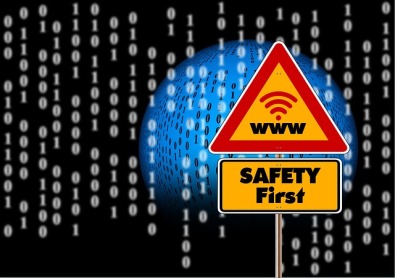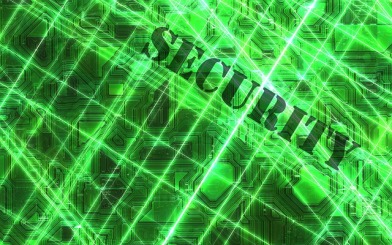Implementing internet security measures is something that is very important today and this should be done by businesses as well as home users. The hard fact is that malware threats are continually on the upward rise and the amount of people falling victim to such malicious threats, remains at a high. The effects of a computer viruses or malware threat attack can be devastating to say the least and in such a scenario you will commonly experience PC system failure, or information theft. Malware threats can also enable third party sources to take control of your computer system, thereby allowing them to steal data and further implement damage.Antivirus and malware protection programs remain your best line of defense against these harmful threats accompanied by the use of a firewall. Here are 10 valuable internet protection tips to follow to help you protect your computer against malware.

1) Downloads – This is how your computer gets infected most of the time. Random files, software or attachments from the web could contain trojans or viruses and this is why you should scan them before installing.
2) Emails – Everybody gets spam email sent to their inbox. Sometimes people send you spam with malicious attachments, that, if opened, could infect your computer with spyware or a virus. Once again, scan attachments before opening them up.
3) Adverts – Whenever you see advertisements or pop unders don’t interact with them, especially if they are fake system warnings. When clicking on adverts you could be redirected to malicious websites that could trigger harmful downloads to your PC.
4) Antimalware – Download and install well known anti malware software for your computer system, making sure that it is updated daily and run daily scans. Read a helpful review here – http://www.malwarethreat.com/spyhunter-review/
5) Passwords – Make sure that you have different passwords for each of your social media, banking and other private accounts. Having the same password for multiple accounts makes it easier for hackers to breach them all.
6) Online Purchases – Always make sure that your anti malware software is on when making purchases online and that the address bar shows ” https:// ” which indicates that the page is secured.
7) Two Factor Authentication – 2 factor authentication is a great way for you to be able to further protect your online accounts. This form of verification sends an sms to your cell phone with a one time pin number. This means that only the person who has your cell phone can login to your account.
8) Social Networks – Be careful about how much information you give out on social networks. Giving too much information away can have serious consequences ( cyber bullying, information theft).
9) Firewall – Always make sure that your computer has a firewall on. If your operating system has no firewall then find a reputable one and use it. This is the most important basic security feature that every computer system should have.
10) Information Sharing – Never give out more information than you need to when online. This includes on social media sites, forums and also when commenting on blogs around the web.
These are 10 valuable web security tips that can help you protect both your identity and also your computer system. The unfortunate reality is that cyber threats and hackers are everywhere and you need constantly be on guard if you want to keep your computer and personal information safe. We offer a quality review of spyhunter which is a reputable anti spyware software. Learn more about this effective spyware removal software at our website.

